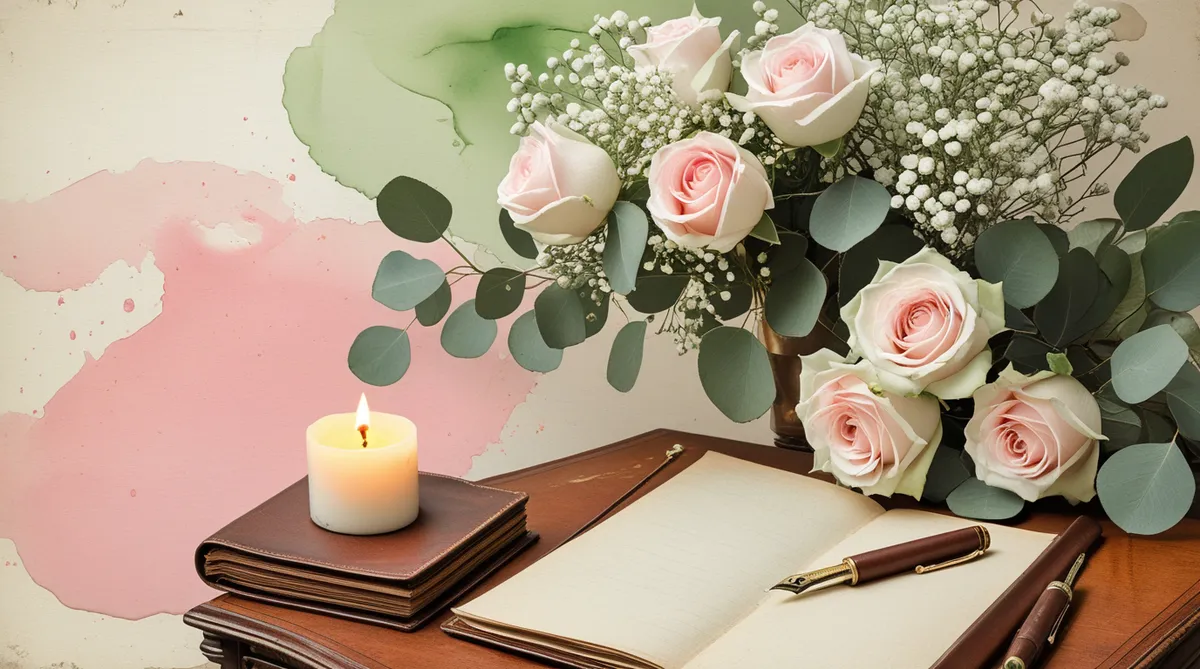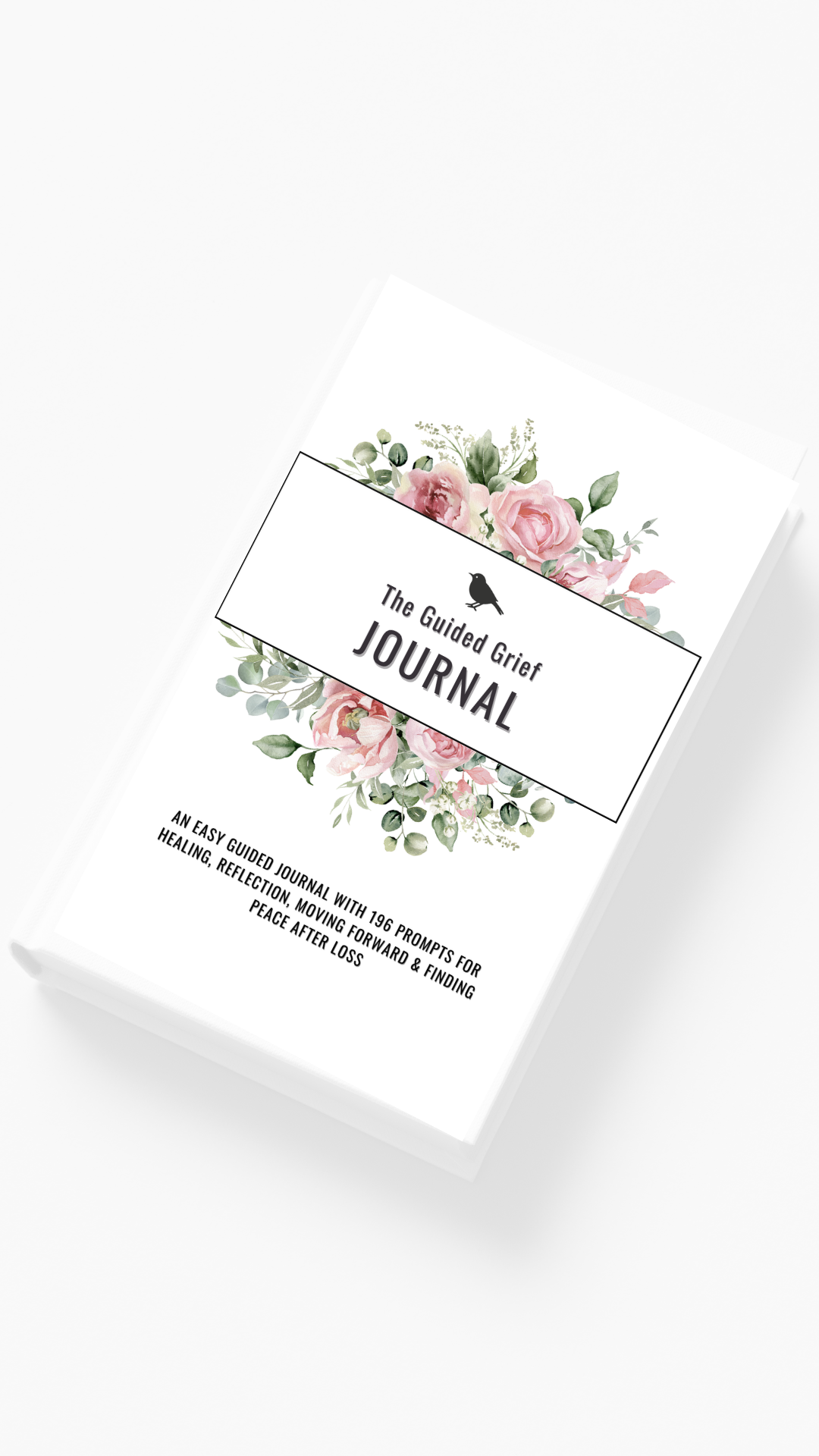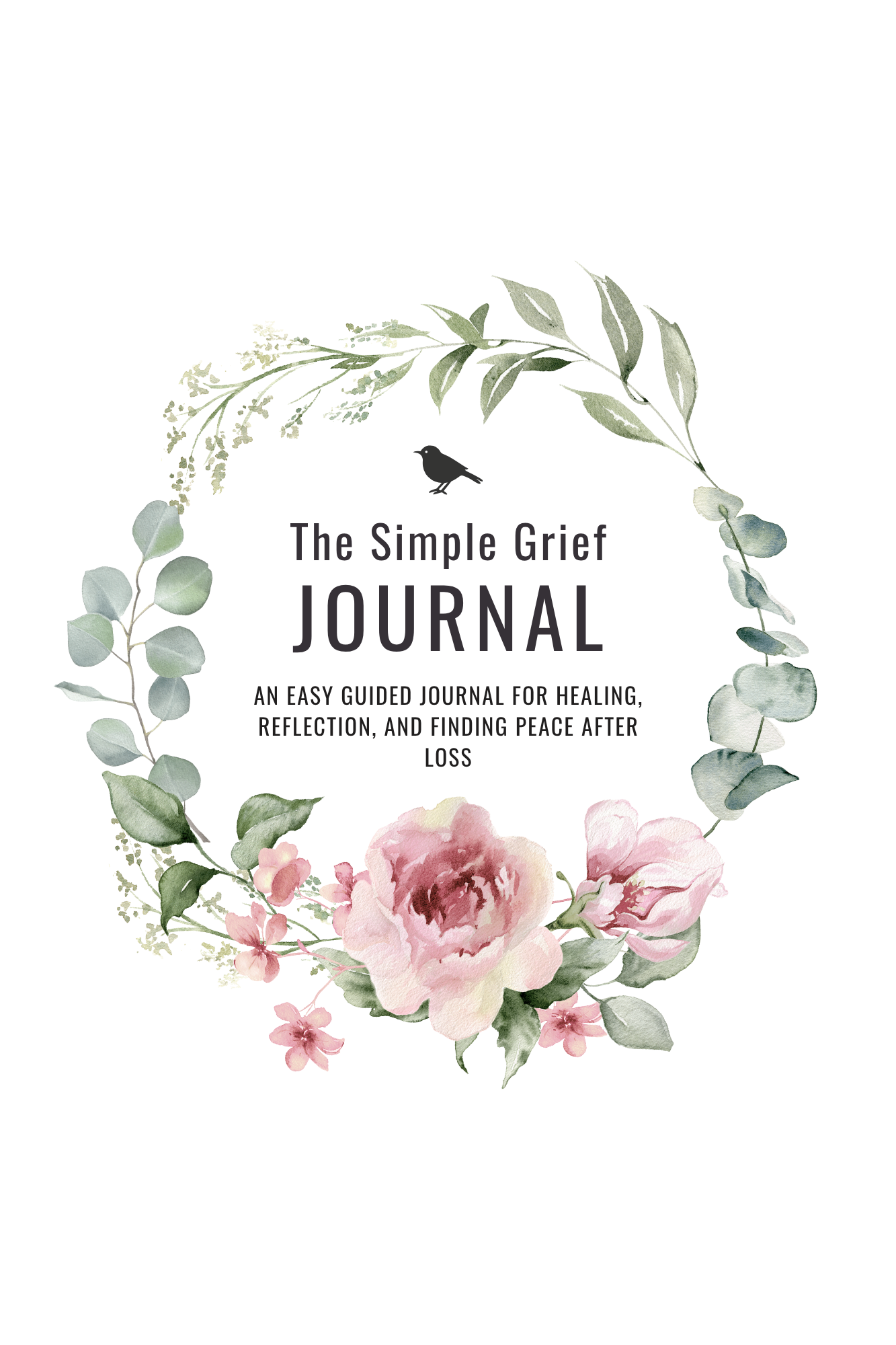- Home
- What to say
- thankyou for a gift
thank you for bereavement gift tips

Thank you for bereavement gift tips, or how to express your gratitude with grace and sincerity
Losing a loved one is one of life’s most difficult experiences.
During such times of grief, the support and kindness of friends, family, and acquaintances can provide immense comfort.
One common way people show sympathy is by sending bereavement gifts, whether flowers, sympathy cards, memorial keepsakes, or thoughtful care packages.
When you receive such a gift, it’s natural and important to express your thanks.
In this guide, I explore the meaning behind bereavement gifts, why thanking those who support you matters, and how to craft heartfelt thank you messages for bereavement gifts.
Whether you want to write a note, send a card, or express your gratitude verbally, this page will help you navigate the etiquette and emotional nuances
Bereavement gifts are thoughtful tokens given to someone who has experienced the loss of a loved one.
They can take a few common forms:
- Sympathy flowers — classic and widely recognized symbols of condolence
- Sympathy cards — often accompanied by personal messages or poems
- Memorial gifts — such as engraved keepsakes, photo frames, or candles
- Comfort gifts — like food baskets, cosy blankets, or care packages
- Donation gifts — charitable contributions made in honor of the deceased
People send these gifts to express their sympathy, offer comfort, and acknowledge the pain of loss.
They serve as a physical reminder that the bereaved are not alone in their grief.
why saying thankyou for bereavement gifts is important
Although grief can be overwhelming, taking time to thank those who have supported you is meaningful for several reasons:
- Acknowledgement of kindness: It shows you recognize and appreciate the effort and thought behind their gesture.
- Strengthening relationships: Gratitude helps maintain bonds with friends, family and colleagues, which can be crucial during tough times.
- Healing and closure: Expressing thanks allows a moment of connection and can be part of your own grieving process.
- Cultural and social etiquette: In many cultures, sending thank you notes is seen as a sign of respect and good manners

how to write a thankyou for bereavement gift
Writing a thankyou message after receiving a bereavement gift can feel challenging, especially when emotions are raw.
Here are some tips to make it sincere and appropriate:
1. Keep it simple and genuine
Your message doesn’t have to be long or elaborate. A few heartfelt sentences can mean a lot.
2. Personalise your message to say thank you for bereavement gift
Mention the specific gift you received, and if possible, how it brought you comfort.
3. Express your feelings honestly
It’s okay to acknowledge your grief but also your appreciation for the support.
4. Consider the relationship
Adjust your tone based on whether the sender is a close friend, distant relative, colleague, or acquaintance.
5. Don’t feel pressured to send a "thank you for bereavement gift" message immediately
It’s understandable if you need time.
When you’re ready, a thankyou note or message will always be appreciated.
some sample message ideas
Here are examples of thank you notes tailored to different gifts and relationships, simple, lovely ways to say "thankyou for a bereavement gift"
For flowers
“Thank you so much for the beautiful flowers you sent after [Name]’s passing. They brought a sense of peace to our home during such a difficult time, and your kindness means the world to us.”
For sympathy cards
“We are deeply touched by your thoughtful words and the sympathy card you sent. It has been comforting to read your message and feel your support from afar.”
For memorial gifts
“The engraved candle you gave in memory of [Name] is a cherished keepsake. Every time we light it, we remember the love and warmth [Name] shared with us all. Thank you for such a meaningful gift.”
For care packages or food gifts
“Thank you for the delicious meals and care package you sent. It was such a relief to have one less thing to worry about during these difficult days. Your generosity is truly appreciated.”
For donations made in Honour of the Deceased
“We are grateful for your generous donation to [Charity/Organization] in [Name]’s memory. It is comforting to know their legacy will help others in need.”
ways of saying thankyou
Thankyou messages for bereavement gifts can be communicated in several ways:
1. Handwritten notes or cards
Traditional and heartfelt, sending a handwritten thank-you card can feel personal and timeless.
2. Email or text message
If you prefer a quicker, informal way, a thoughtful email or text message works well, especially for colleagues or acquaintances.
3. Phone calls
A personal call can convey your gratitude with warmth and sincerity. It also allows a moment of connection.
4. Social media acknowledgments
In some cases, a public post or direct message on social media may be appropriate, but ensure it suits the privacy preferences of everyone involved.
tips for managing multiple thank you notes
If you received numerous bereavement gifts, writing individual thank you notes can feel overwhelming and frankly, your brain is probably mush right now.
Here’s how to manage:
- Make a list: Track who sent what gift and when.
- Use templates: Personalise a basic thankyou template to save time.
- Delegate: If appropriate, family members or friends can help share the task.
- Don’t rush: Take your time to write meaningful notes; people understand grieving takes time.
what to avoid saying in your thankyou note
- Don’t rush or feel pressured: Write your message when you feel emotionally ready.
- Avoid generic language: Try to personalise your thanks rather than using clichés.
- Don’t ignore anyone: Even small or distant gestures deserve acknowledgment.
- Avoid over-explaining: Keep the focus on gratitude rather than dwelling on the details of your grief
when you can't send your thanks immediately
Life during bereavement can be chaotic and emotionally exhausting.
If you’re unable to thank everyone immediately:
- Consider sending a general message of thanks through a family spokesperson or a social media post.
- When ready, send individual notes even if delayed. People will appreciate your honesty and the effort you make.
- Remember that the intention behind your thanks matters more than perfect timing.
incorporate gratitude into your healing journey
Expressing thanks for bereavement gifts is more than a social obligation; it can be part of your own healing:
- Reflect on support: Writing thank you notes helps you recognise the support around you.
- Focus on positive memories: Acknowledge how the gifts remind you of the love shared.
- Create a gratitude ritual: Consider journaling daily about the kindness you receive.
- Use gratitude to connect: Sharing your appreciation can deepen relationships during a time you may feel isolated.
gratitude after loss is a gift in itself
Receiving a bereavement gift is a tender reminder that you are surrounded by caring people.
Saying thank you is a meaningful way to honour their kindness and maintain connection even in the face of sorrow.
Whether you choose to send a simple note, make a call, or share a message in person, expressing gratitude offers comfort to both giver and receiver.
Remember, there is no perfect way or time to say thank you, only your sincere, heartfelt words.
Taking this small but significant step can bring light to the dark days of grief and remind you of the enduring strength found in the kindness of others.


